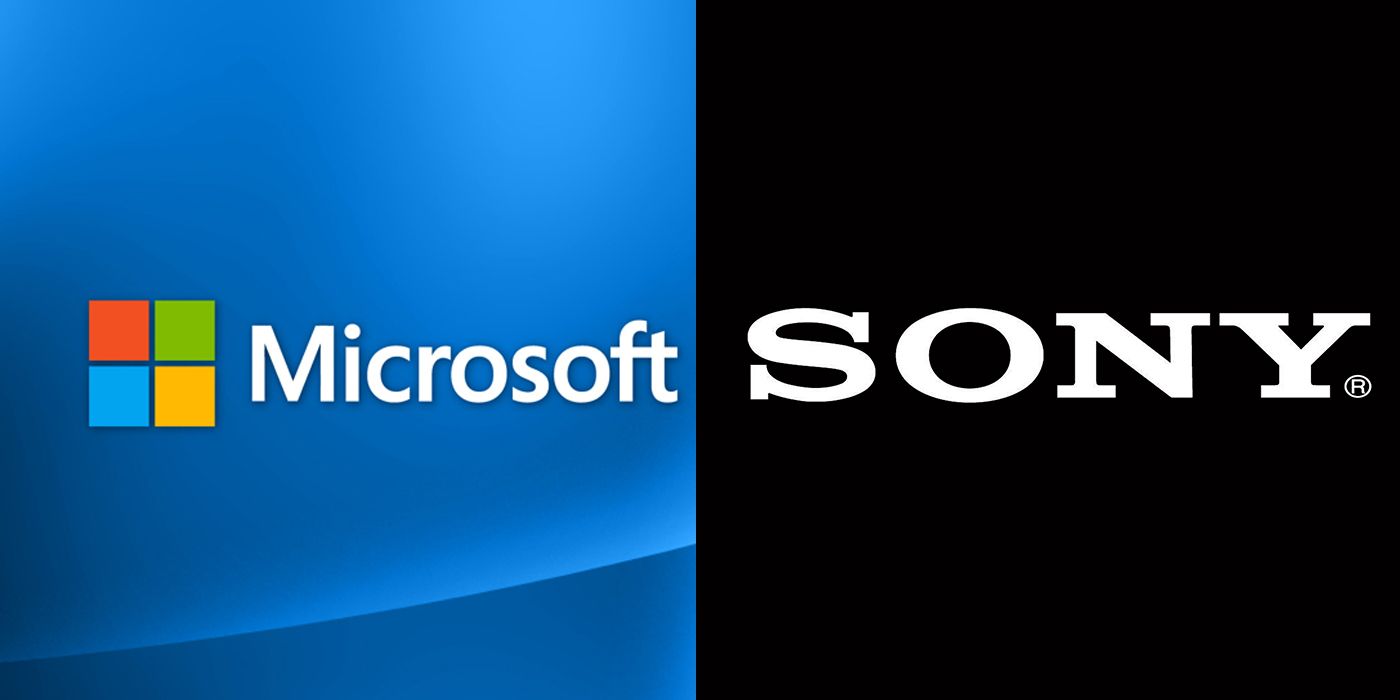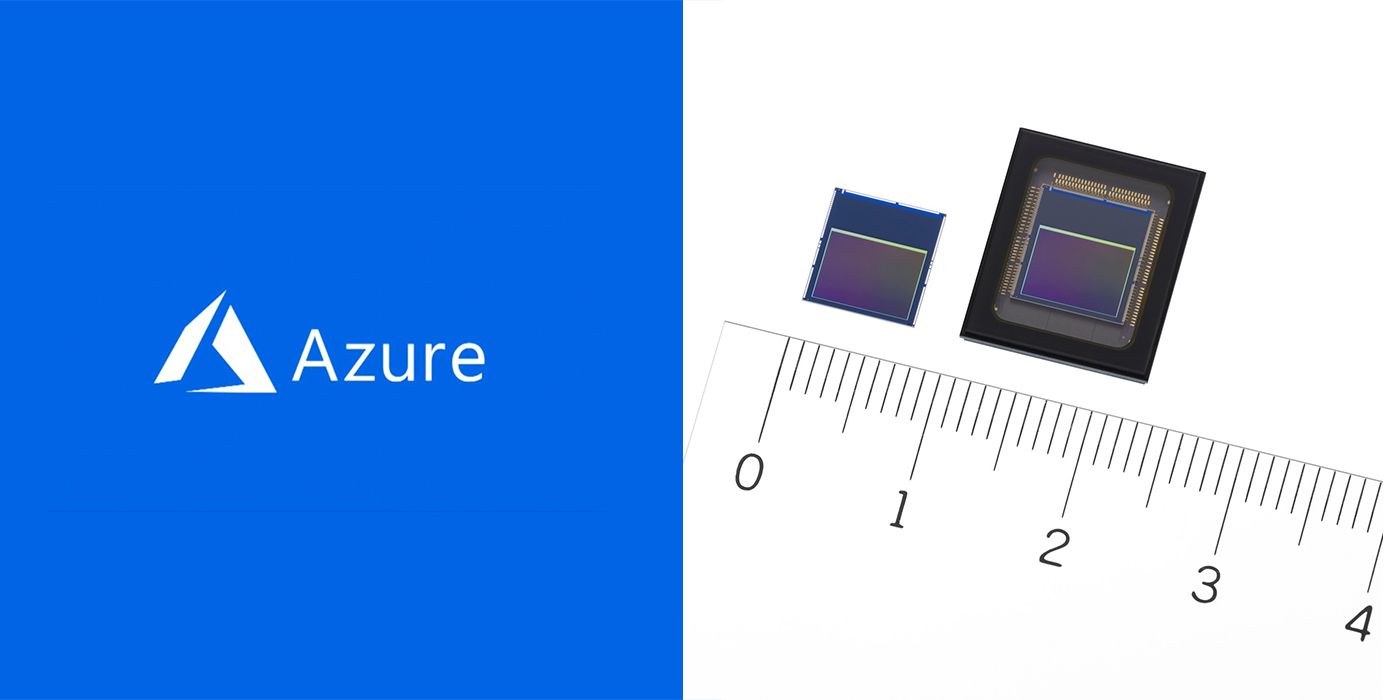On May 18th, Sony and Microsoft announced a collaboration to produce AI-powered image analysis by sharing proprietary technologies. Sony will be contributing its cutting edge IMX500 image sensor, while Microsoft will lend AI processing power based on its cloud-computing service, Microsoft Azure.
The partnership between business rivals may seem surprising, especially since Microsoft's Xbox Series X is set to go toe-to-toe with Sony's PlayStation 5 this fall. Each company possesses technology that is uniquely qualified to assist the other with a common endeavor, however. Sony's IMX500 is the world's first image sensor to incorporate both a pixel chip and an AI-powered signal processing chip, allowing the sensor to simultaneously process images and analyze their contents. Microsoft's AI will assist with the latter by leveraging the processing power of its cloud-computing service, MS Azure.
AI-fueled image recognition could provide major advances in a wide variety of technologies ranging from automated driving and industrial threat assessment, to more controversial applications, such as facial recognition and gait analysis. The announcement of the partnership made no mention of how such technology could benefit gaming hardware, though superior, AI-assisted image recognition could easily translate to the development of next-generation motion tracking hardware. Microsoft has been burned by motion analysis before though, and it is unlikely that a new a version of the Kinect is on the way.
After flopping with hardcore gamers, Microsoft's controversial peripheral for the Xbox One found a second life as an airport security camera, suggesting that future image analysis technologies will likely be put to use in that sector. Facial recognition technologies are a prickly subject, however, rife with concerns of privacy, government surveillance, and false-positives when identifying suspects for law enforcement purposes. Such technology could also be used to refine the already-frightening capabilities of deepfake generators.
Microsoft and Sony aren't the only companies chasing the potential of AI-assisted image recognition, however, and not all applications of image-recognition are frightening. Graphics card manufacturer NVIDIA is hard at work developing technologies that generate realistic faces and images based on AI-computing technologies. These tools have huge implications for realistic, procedural graphics generation, and both Sony and Microsoft have a vested interest in exploring the same technologies for entertainment purposes.
This is not the first time Sony and Microsoft have teamed up, nor is it the first collaboration to feature Azure. Last May, the rivals announced that they would be working together to develop cloud-based solutions for streaming content—including video games. The announcement came hot on the heels of Google Stadia's debut, and while the cloud gaming platform's late 2019 launch did not set the world on fire, both Microsoft are likely eager to produce a viable streaming-based gaming platform to compete with Google.
A release date for services or products based on Sony and Microsoft's partnership has yet to be announced.
Source: The Bulletin Time


